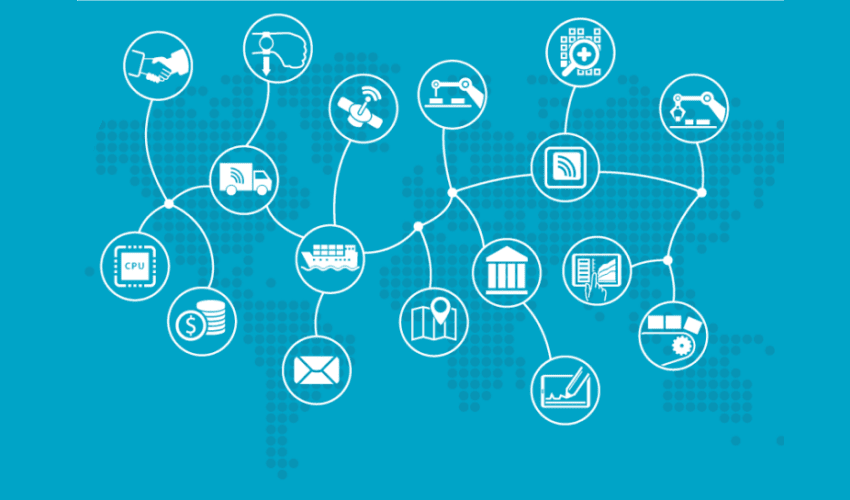In the dynamic field of data science, the value of networking cannot be overstated. Building a strong professional network can open doors to exciting job opportunities, collaboration with industry experts, and access to valuable resources. If you’re a budding data scientist looking to kickstart your career, this article will provide you with effective networking strategies to connect with peers, mentors, and potential employers.
The Power of Networking in Data Science
Networking is not just about collecting business cards or LinkedIn connections; it’s about building meaningful relationships with individuals who share your passion for data science. Here’s why networking is essential for budding data scientists:
- Job Opportunities: Many data science roles are filled through referrals and recommendations. A robust network can help you discover job openings that may be private.
- Knowledge Sharing: Networking allows you to learn from experienced professionals, stay updated on industry trends, and gain insights into best practices.
- Collaboration: Building connections can lead to collaborative projects, research opportunities, and partnerships.
- Mentorship: Connecting with mentors in the field can provide guidance, advice, and a valuable support system.
Effective Networking Strategies for Data Scientists
Now, let’s delve into effective networking strategies tailored for budding data scientists:
- Attend Industry EventsConferences: Attend data science conferences and meetups. These events are excellent opportunities to connect with professionals, gain knowledge, and showcase your expertise.
- Webinars: Participate in webinars and virtual events, especially if you can’t attend in-person gatherings. Many organizations now offer online learning and networking opportunities.
Join Data Science Communities
- LinkedIn Groups: Join data science-related LinkedIn groups and actively participate in discussions. It can help you connect with professionals in your field.
- Online Forums: Explore data science forums like Reddit’s r/datascience and Stack Overflow. Answer questions, share your knowledge, and seek advice when needed.
Leverage Social Media
- Twitter: Follow data science influencers, organizations, and professionals on Twitter. Engage in conversations and share valuable content to establish your online presence.
- GitHub: Contribute to data science projects on GitHub. Collaborating on open-source projects is an excellent way to showcase your skills and connect with like-minded individuals.
Join Data Science Competitions
- Kaggle: Participate in Kaggle competitions and forums. Interacting with fellow data scientists can lead to valuable connections and learning opportunities.
Seek Mentorship
- LinkedIn: Contact experienced data scientists on LinkedIn and express your interest in mentorship. Be clear about what you hope to gain from the relationship.
- Alumni Networks: Connect with alums from your university or educational institution who have pursued careers in data science. They may be willing to offer guidance.
Attend Workshops and Meetups
- Local Events: Look for data science workshops, meetups, and hackathons in your area. These events provide a chance to meet professionals in person.
Volunteer for Data-Related Projects
- Nonprofits: Offer your data science skills to nonprofit organizations or community initiatives. It’s a rewarding way to network while making a positive impact.
Online Courses and Certifications
- Online Learning Platforms: Enroll in data science courses on platforms like Coursera, edX, or Udacity. Engage with course forums and connect with fellow learners.
Networking Etiquette and Best Practices
- Be Genuine: Authenticity is key to building meaningful connections. Be yourself and show a genuine interest in others.
- Listen Actively: When engaging in conversations, listen attentively to what others say. Ask thoughtful questions and show interest in their experiences.
- Offer Value: Networking is a two-way street. Offer your expertise and help to others when you can. It fosters goodwill and reciprocity.
- Follow-Up: After meeting someone, follow up with a thank-you message or an invitation to connect on LinkedIn. It reinforces the connection.
- Build Your Online Brand: Maintain an active online presence by sharing valuable content, insights, and updates related to data science.
Networking for Career Advancement
As your network grows, consider these strategies for advancing your data science career:
- Seek Referrals: If you’re interested in a job opportunity at a company where you have connections, don’t hesitate to ask for a referral.
- Collaborate on Projects: Partner with network contacts on data science projects or research. Collaborative work can lead to new opportunities.
- Stay Informed: Keep your network informed about your career progress, achievements, and goals. They may have valuable insights or opportunities to share.
- Give Back: As you gain experience, consider mentoring or supporting others in your network who are starting their data science journeys.
Conclusion
Networking is indispensable for budding data scientists looking to break into the field or advance their careers. Building and nurturing professional relationships can lead to exciting opportunities, knowledge sharing, and personal growth.
Remember that networking is not about quantity but quality. It’s about forming genuine connections with individuals who share your passion for data science. So, put yourself out there, engage with the data science community, and embrace the journey of building a robust professional network that will propel your data science career to new heights.


